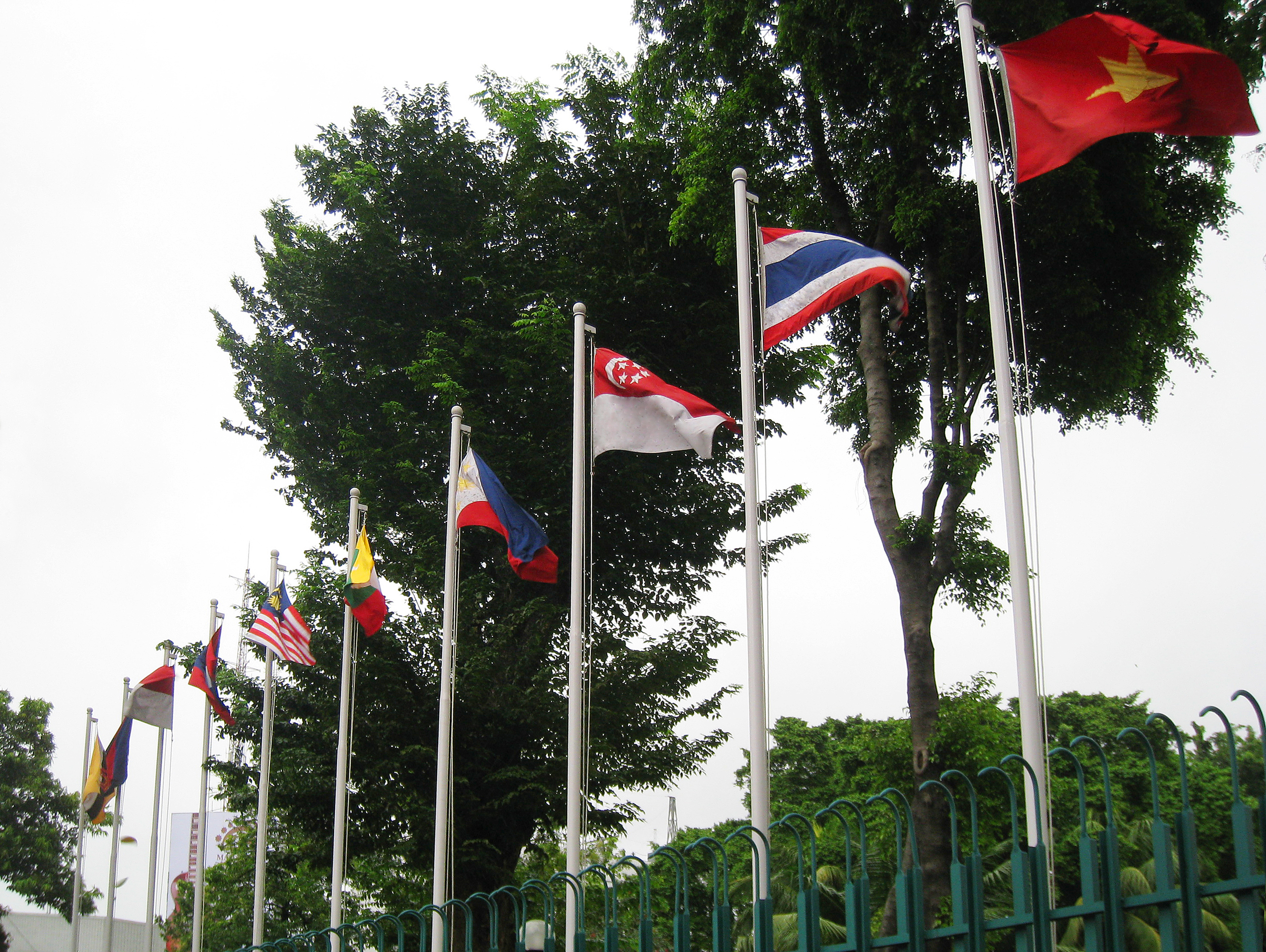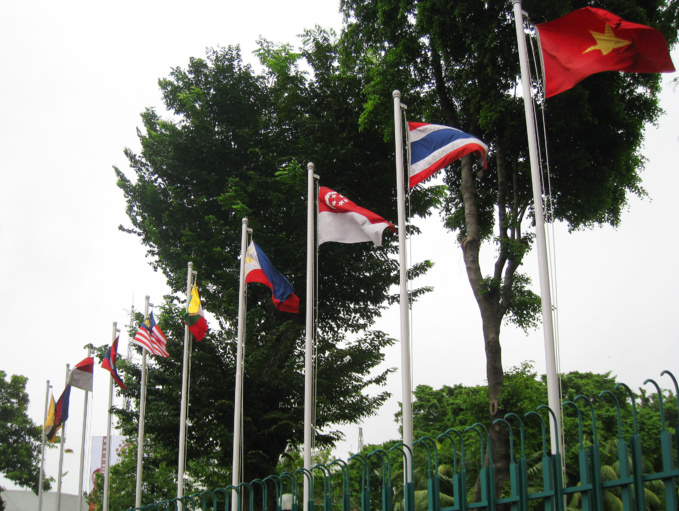The agreement maintains selective trade restrictions and is generally less advanced than the Comprehensive and Progressive Trans-Pacific Partnership initiated by the US, which subsequently withdrew its participation.
During the Association of Southeast Asian Nations (ASEAN) online summit, ten accession countries - Vietnam, Myanmar, Thailand, Cambodia, Laos, Singapore, Malaysia, Brunei, Indonesia, and the Philippines - as well as five partner countries - China, South Korea, Japan, New Zealand, Australia - signed the Regional Comprehensive Economic Partnership (RCEP). It is expected that ratification of the document will result in the creation of the world's largest free trade zone as the participating countries together account for about one third of the world economy. At the same time, India withdrew from the negotiations a year ago, as it was reported, due to requirements to reduce duties on the import of agricultural products and fears of inflow of cheap Chinese goods.
Since the beginning of negotiations in 2012, RCEP has been considered as the Chinese "counterbalance" to the Trans-Pacific Partnership, which was one of the two major foreign trade initiatives of the United States before Donald Trump won the 2016 presidential election (as a result, the agreement was signed without the United States in 2018 as a comprehensive and progressive Trans-Pacific Partnership.
Li Keqiang, Prime Minister of the State Council of the People's Republic of China, said that the conclusion of the agreement "is not only a breakthrough in the economic integration of East Asian countries, but also a victory for multilateralism and free trade".
The document provides for the reduction of duties on most categories of goods (92% of positions), but with various reservations: for example, Japan will retain duties on the import of certain agricultural products. The agreement establishes rules in the field of intellectual property and e-commerce, and also provides for an increase in the share of possible foreign participation for companies providing services in 50 sectors (including television, finance and professional services). In contrast to the CPTPP, the agreement does not include requirements for the environmental friendliness of goods and the protection of employees' rights.
source: reuters.com, wsj.com
During the Association of Southeast Asian Nations (ASEAN) online summit, ten accession countries - Vietnam, Myanmar, Thailand, Cambodia, Laos, Singapore, Malaysia, Brunei, Indonesia, and the Philippines - as well as five partner countries - China, South Korea, Japan, New Zealand, Australia - signed the Regional Comprehensive Economic Partnership (RCEP). It is expected that ratification of the document will result in the creation of the world's largest free trade zone as the participating countries together account for about one third of the world economy. At the same time, India withdrew from the negotiations a year ago, as it was reported, due to requirements to reduce duties on the import of agricultural products and fears of inflow of cheap Chinese goods.
Since the beginning of negotiations in 2012, RCEP has been considered as the Chinese "counterbalance" to the Trans-Pacific Partnership, which was one of the two major foreign trade initiatives of the United States before Donald Trump won the 2016 presidential election (as a result, the agreement was signed without the United States in 2018 as a comprehensive and progressive Trans-Pacific Partnership.
Li Keqiang, Prime Minister of the State Council of the People's Republic of China, said that the conclusion of the agreement "is not only a breakthrough in the economic integration of East Asian countries, but also a victory for multilateralism and free trade".
The document provides for the reduction of duties on most categories of goods (92% of positions), but with various reservations: for example, Japan will retain duties on the import of certain agricultural products. The agreement establishes rules in the field of intellectual property and e-commerce, and also provides for an increase in the share of possible foreign participation for companies providing services in 50 sectors (including television, finance and professional services). In contrast to the CPTPP, the agreement does not include requirements for the environmental friendliness of goods and the protection of employees' rights.
source: reuters.com, wsj.com



















